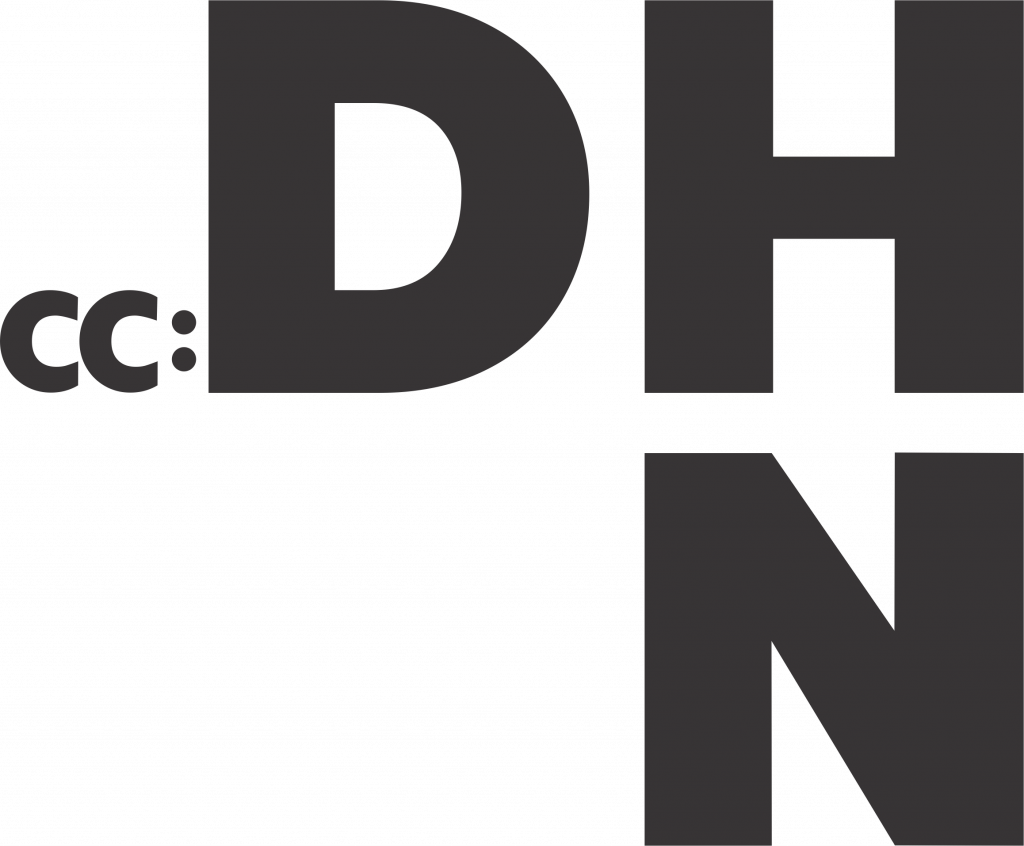
- This event has passed.
Code the X-Files using the XML Family of Languages
June 3 – June 7
Format
in person/face-à-faceThis class teaches you how to navigate and process XML using tools designed for the purpose–XSLT, XQuery, and Schematron. We cover these together as members of the same XML family, sharing a common syntax in XPath. New and experienced coders of XML will benefit alike from this course, whether just beginning a project or seeking to update and refresh skills. Our goals are 1) to share strategies for systematically building archives and databases, and 2) to increase participants’ confidence and fluency in extracting information coded in XML in those archives and databases. XPath is the center of the course, but we will show you how it applies in multiple XML processing contexts so that you learn how these work similarly and how these are used, respectively, to validate documents and to transform them for publication and other reuse. We’ll apply XPath to check for accuracy of text encoding–to write schema rules to manage your coding (or your project team’s coding).
You’ll practice and gain fluency in writing XPath expressions and patterns, including sequence expressions, regular expressions, datatypes, predicates, operators, and functions (from the core library and user-defined). We’ll write XPath to calculate how frequently you’ve marked a certain phenomenon, or locate which names of people are mentioned together in the same chapter, paragraph, sentence, stanza, or annotation. You’ll learn how XPath can help you to build exciting visualizations from XML code (such as to make a chart like a timeline or a network graph). Whether you are an XML beginner or a more experienced coder, you’ll find that strengthened skills in XPath and the XML family will help you with systematic encoding, document processing, and project management.
This is a hands-on course. Consider this offering in complement with, and / or to be built on by: Text Encoding Fundamentals and their Application, Out-of-the-Box Text Analysis for the Digital Humanities, Text Processing – Techniques & Traditions, XML Applications for Historical and Literary Research; Parsing and Writing XML with Python; and more! No advanced knowledge of XML processing is necessary but those with interests in document processing who have taken Digital Documentation and Imaging for Humanists; Advanced TEI Concepts / TEI Customization; A Collaborative Approach to XSLT; or Geographical Information Systems in the Digital Humanities will certainly benefit.
